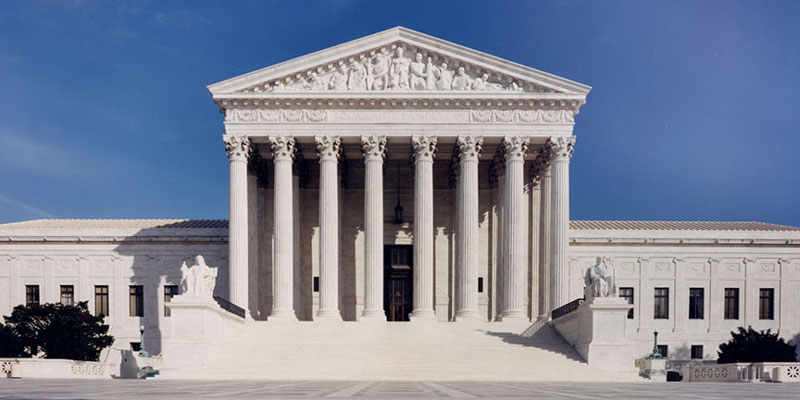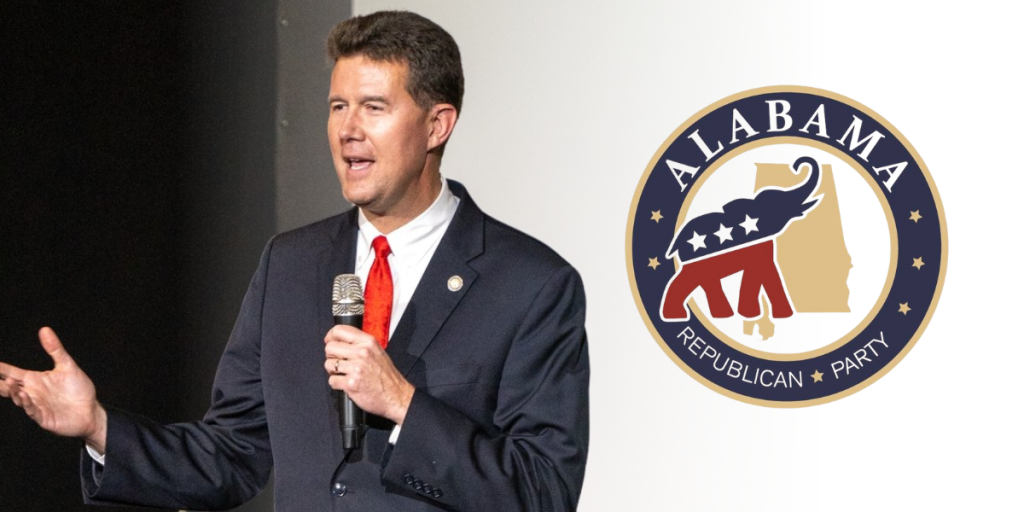In a landmark ruling set to dramatically reshape the admissions landscape of American higher education, the Supreme Court ruled against the affirmative action policies at Harvard University and the University of North Carolina.
Many universities maintain that race-conscious admissions policies ensure diversity in their student bodies. Others argue such policies unfairly discriminate against qualified students based on race. The latter became the law of the land Thursday.
In a 6-3 decision against the University of North Carolina, the Supreme Court stated, “Harvard’s and UNC’s admissions programs violate the Equal Protection Clause of the Fourteenth Amendment.” The case against Harvard was decided with a 6-2 vote after Justice Ketanji Brown Jackson recused herself.
The majority in both decisions included Justices John Roberts, Clarence Thomas, Samuel Alito, Neil Gorsuch, Brett Kavanaugh, and Amy Coney Barrett.
RELATED: AL political leaders react to SCOTUS ruling on redistricting
In his written opinion, Roberts underlined the need to recognize individual accomplishment over racial identity.
“A benefit to a student who overcame racial discrimination, for example, must be tied to that student’s courage and determination,” he wrote. “In other words, the student must be treated based on his or her experiences as an individual—not on the basis of race.”
Roberts criticized the approach of many universities: “Many universities have for too long done just the opposite. And in doing so, they have concluded, wrongly, that the touchstone of an individual’s identity is not challenges bested, skills built, or lessons learned but the color of their skin. Our constitutional history does not tolerate that choice.”
Thomas concurred – describing affirmative action in college admissions as “rudderless, race-based preferences designed to ensure a particular racial mix in their entering classes.”
The rulings override the court’s 2003 decision in Grutter v. Bollinger, which held that race could be a factor in the admissions process.
RELATED: Rep. Carl: One year since Roe v. Wade
Justices Ketanji Brown Jackson, Sonia Sotomayor, and Elena Kagan dissented.
“Today, this Court stands in the way and rolls back decades of precedent and momentous progress,” Sotomayor wrote, adding that the court “cements a superficial rule of colorblindness as a constitutional principle in an endemically segregated society where race has always mattered and continues to matter.”
The NAACP said the ruling “jeopardizes hard-fought progress for Black Americans.”
Alabama Attorney General Steve Marshall was among 19 state AGs who joined the challengers in the cases which ultimately won out today.
“This landmark decision makes clear ‘the core purpose of the Equal Protection Clause: doing away with all governmentally imposed discrimination based on race,’” Marshall said. “Ivy League appeals to diversity do not justify discriminating against prospective students based on the color of their skin.”
This article will be updated with more reactions from officials













